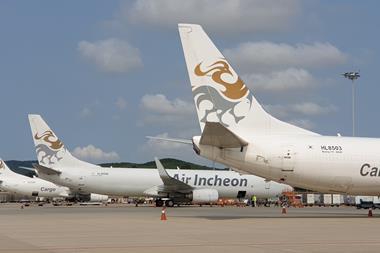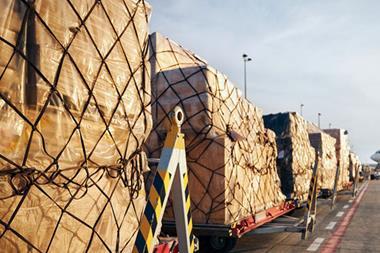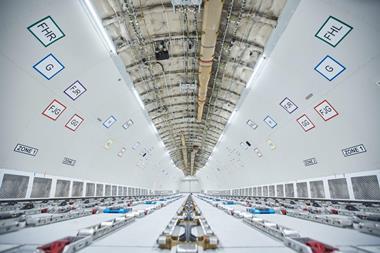Information technology company Unisys and Data61, Australia’s largest data innovation group, are to develop an advanced data analytics solution for automated security risk assessment of travellers and cargo at air, land and sea borders.
Under the collaboration, Unisys will fund joint research with Data61 to develop an advanced data analytics solution “capable of detecting potential border security risks posed by travellers, visa applicants, cargo and parcels”.
The research involves “assessing anonymised data sets from airlines using analytics and machine learning to identify patterns that indicate potential risks of both traveller intent and cargo contents”.
Unisys and Data61 plan to conduct a proof of concept at “a major Asian hub” to develop the technology into a product to be made available to governments to secure their international borders.
Data61 is the data-science research and technology unit of the Commonwealth Scientific and Industrial Organisation (CSIRO) and has one of the largest teams of data-scientists in the world.
Unisys works with governments worldwide to secure their air, land and sea borders and facilitate the movement of people and goods, with clients including the Australian Department of Immigration and US Customs and Border Protection.
Mark Forman, global head and VP for the public sector at Unisys, said: “Unisys’ deep domain expertise and global reach combined with Data61’s analytics and machine learning capabilities provides a unique opportunity to advance border security technology around the world during a time of increasingly sophisticated threats and greater dependence on international travel and cargo shipments.”
Adrian Turner, chief executive of Data61, said: “The end goal of this international collaboration is to make border security processes more efficient, cost effective and safer for countries around the world.
"It’s one of the ways Data61 is working with industry to translate data-science – in this case deep analytics and machine learning into a viable product to help deliver economic and societal impact.”
John Kendall, global border security director, Unisys, said: “Most border agencies today rely on human designed rules to identify suspicious people or cargo. Working with Data61, we are incorporating machine learning and real-time data analytics to reveal the actual intent of travellers and shippers.
“This will allow border agencies to automate the processing of low risk people and cargo while reserving specialised border security resources for the small percentage of travellers and cargo that present a higher risk profile.”










